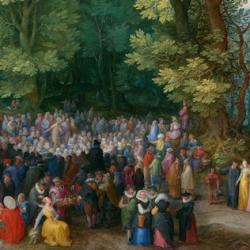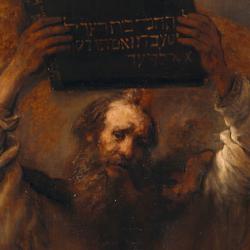Wesley Bergen’s Reading Ritual explores Leviticus through the lens of contemporary popular culture. Instead of treating Leviticus as “religious” ritual in opposition to daily life, he tries to de-de-familiarize Leviticus ritual by finding parallels with contemporary culture. In the first chapter, he examines the ritual dimensions of a meat-packing plant, drawing comparisons with the activity of priests at the tabernacle. Following Catherine Bell’s criteria for ritualized activity (formalism, traditionalism, rule-governance, invariability, sacred symbolism, and performance), he finds that meat-packing meets 4... Read more
















